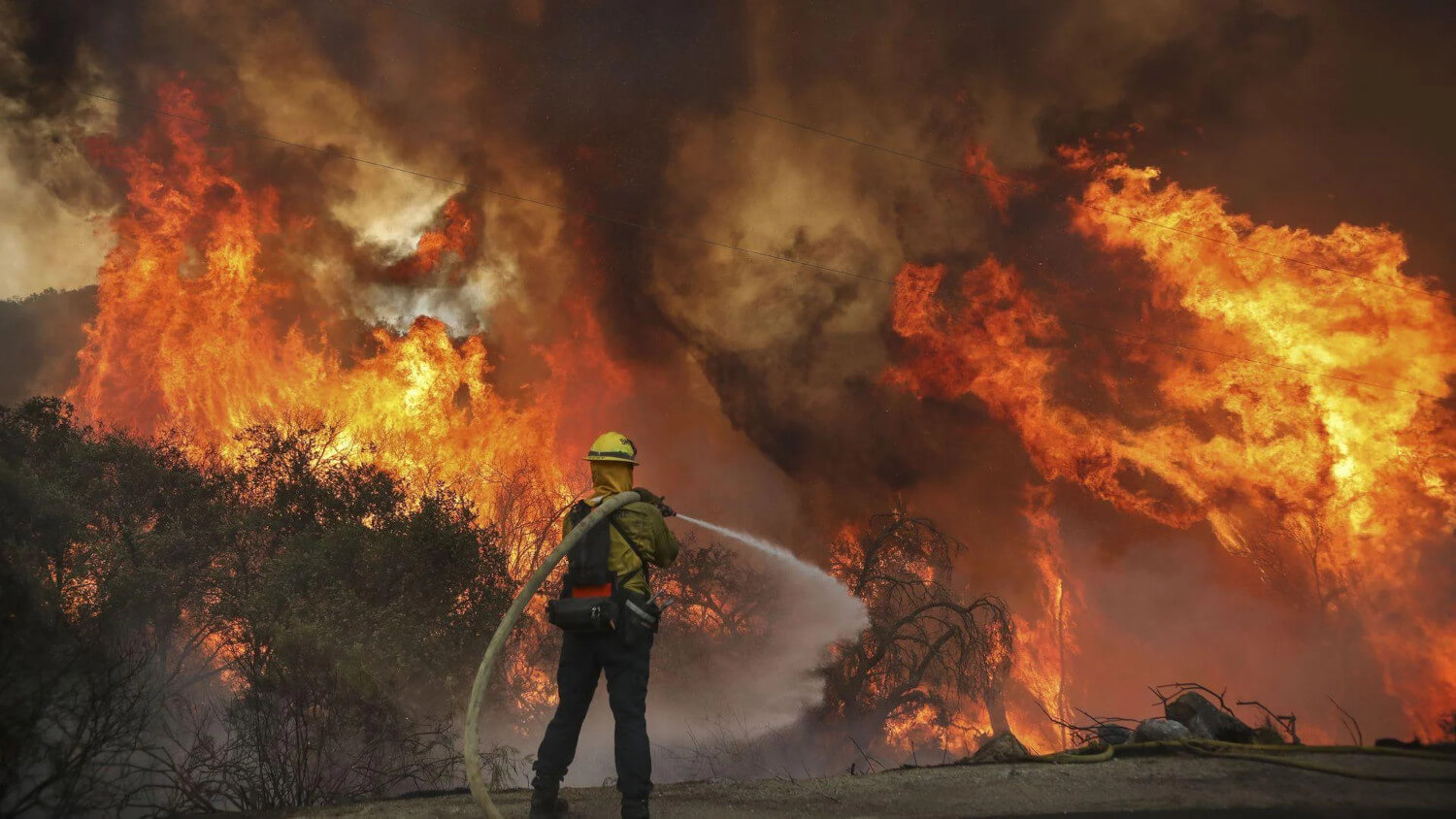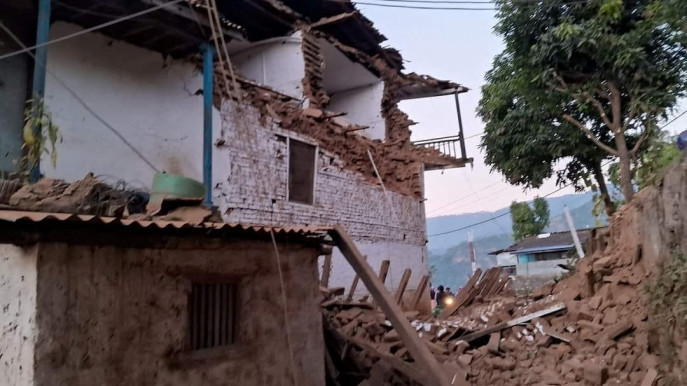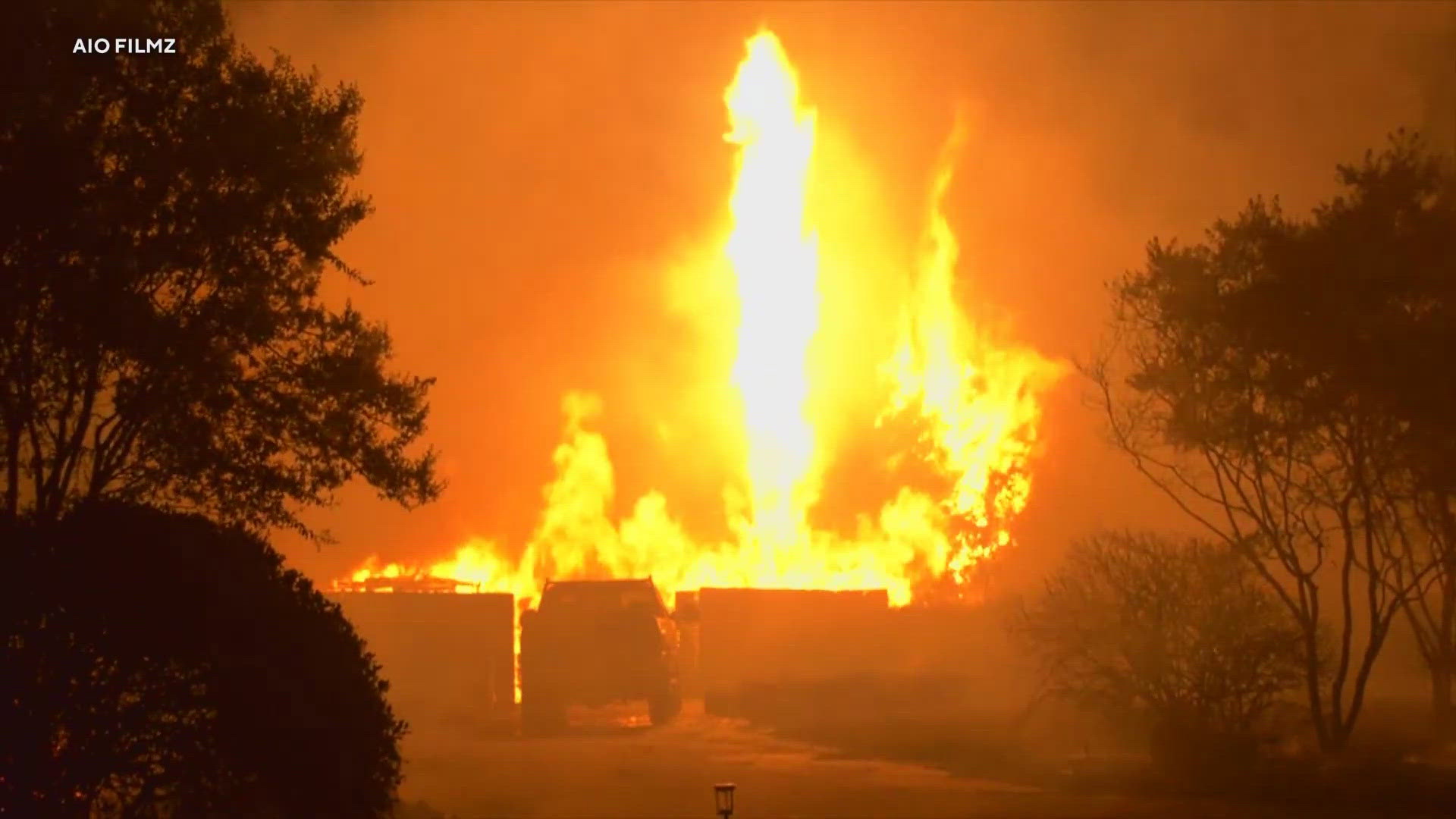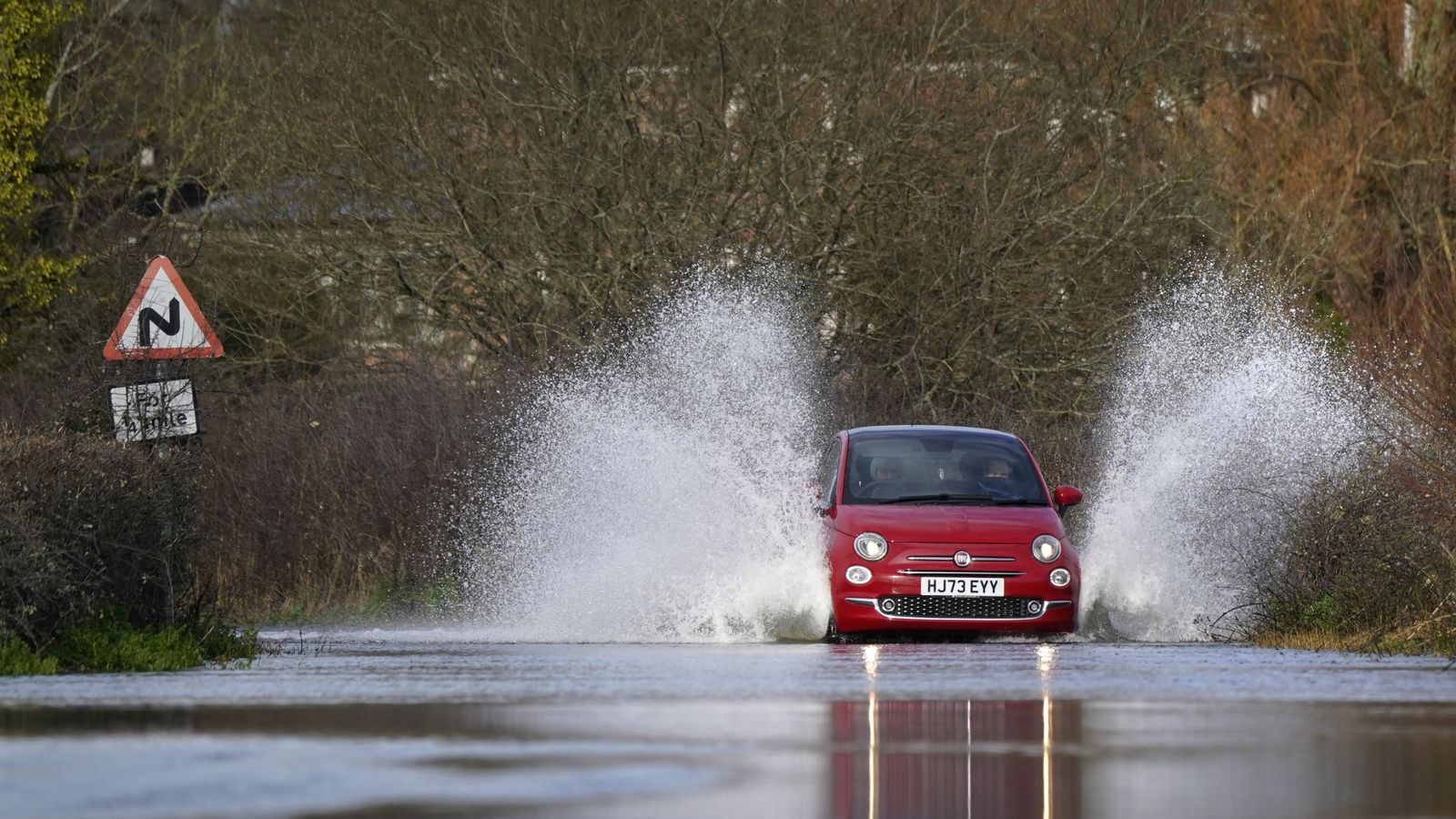Officials report that Hurricane Beryl has become the earliest category five storm ever to form in the Atlantic, causing widespread damage in the southeastern Caribbean. Roofs were torn off buildings, trees uprooted, and electricity lines toppled as the powerful hurricane made landfall on Monday.
Winds reaching 150mph forced the closure of schools, businesses, airports, and government offices, with warnings of potential power outages and water cuts. The National Hurricane Center in Miami, Florida, has classified Beryl as a potentially catastrophic category five hurricane, expected to bring life-threatening winds and storm surges to Jamaica later this week.
Fueled by unusually warm waters, Beryl broke the record for the earliest category four storm in the Atlantic, previously held by Hurricane Dennis, which reached the threshold on July 8, 2005, and resulted in numerous fatalities in the region.
Terence Walters, Grenada’s national disaster coordinator, reported “devastation” in Carriacou and surrounding islands. Grenada’s Prime Minister Dickon Mitchell stated that a hospital’s roof was damaged, necessitating the evacuation of patients to a lower floor. “There is the likelihood of even greater damage. We have no choice but to continue to pray,” he told reporters.
NBC Radio in St. Vincent and the Grenadines reported roofs torn off churches and schools, with communication networks also collapsing. Prime Minister Ralph Gonsalves anticipated the natural disaster to persist for days, urging residents to “wait this monster out.
Barbados officials received over a dozen reports of roof damage, fallen trees, and damaged electricity lines. Home Affairs and Information Minister Wilfred Abrahams announced that drones would assess the damage once the hurricane had passed.
As Hurricane Beryl continues its path, nearby Caribbean islands prepare for impact. Storm warnings are in effect for St. Lucia, Martinique, parts of Haiti, and the Dominican Republic, with a hurricane watch issued for Jamaica.
Twenty years ago, Hurricane Ivan, the last strong hurricane to hit the southeast Caribbean, claimed dozens of lives in Grenada. Scientists assert that climate change increases the likelihood of more intense and earlier storms. Christopher Rozoff, from the United States‘ National Center for Atmospheric Research, stated, “Climate change is loading the dice for more intense hurricanes to form.” The hurricane is predicted to weaken slightly as it moves over the Caribbean Sea south of Jamaica, before heading towards Mexico as a Category 1 storm.

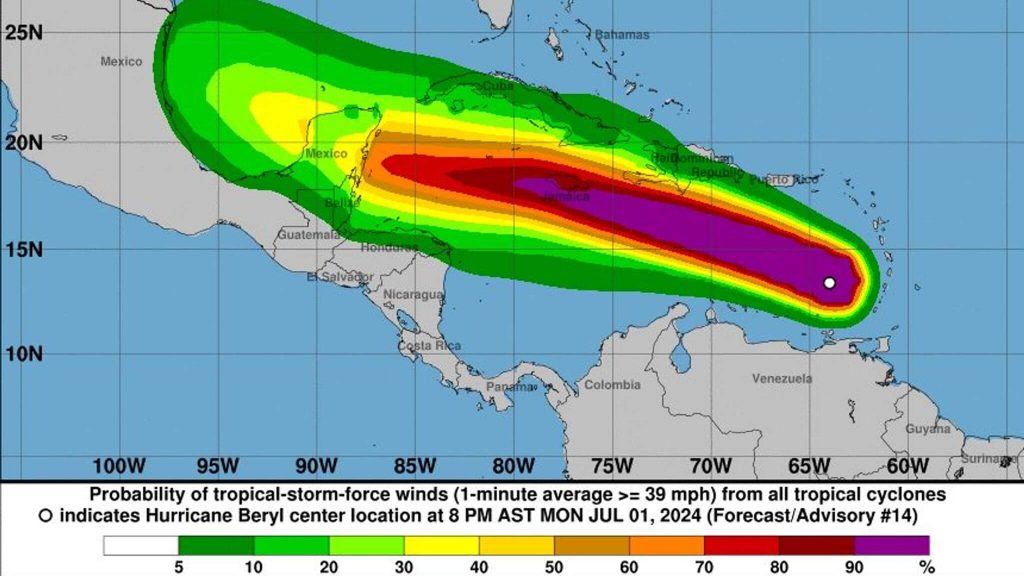
![East Africa Community delegates during the 13th Mara Day celebrations in Masai Mara. [Harold Odhiambo, Standard]](https://i2.wp.com/cdn.standardmedia.co.ke/images/wysiwyg/images/iQgSUfPycCYVoui6Y5LbfyvfPIzjdJtIzRHZl1qV.jpg?w=1200&resize=1200,0)

